Indian Americans Are Finding Their Political Voice
In a year of depressingly predictable election trends, the rise of biotech entrepreneur Vivek Ramaswamy represents something of a breakthrough. In some polls for the Republican presidential nomination, the 38-year-old Ohio native now occupies second place behind Donald Trump, overtaking the beleaguered Ron DeSantis.
Ramaswamy’s surprising success reflects the freshness of his message, focusing on issues like corporate wokeism and the deconstruction of the federal bureaucracy, while benefitting from the faltering campaign of DeSantis.
Yet the Harvard-educated businessman’s rise also points to a broader trend. Ramaswamy reflects the remarkable, and largely unnoticed, ascendancy of the Indian American community not only in politics but also in technology, business, and education. The estimated four million or so Indian Americans — roughly triple the population of British Indians — represent arguably America’s most successful new ethnic group, with the highest rates of entrepreneurship and education levels.
Early Indian immigrants came to America as servants or agricultural workers. But more recently, they are heavily drawn from trading castes, notably Gujarati as well as elite graduates of the Indian Institutes of Technology. Indian executives are at the helm of Microsoft, Alphabet, IBM, Vimeo, and YouTube.
Like the tech world in general, Indians are predominantly Left-leaning, with more than two-thirds voting Democrat. They concentrate in deep-blue regions like New York, Chicago and San Francisco, although there is a growing continent in both Dallas and Houston. But Indians are not necessarily culturally liberal, and frequently maintain traditional values. They tend, according to a 2020 Carnegie Endowment study, to be more religious, more married and very attached to their ethnic identity.
This perhaps explains why a number of Indian American politicians are running as Republicans. In addition to Ramaswamy, there is former South Carolina Governor Nikki Haley, who is also running for President, as well as Louisiana’s former governor, Bobby Jindal.
Read the rest of this piece at UnHerd.
Joel Kotkin is the author of The Coming of Neo-Feudalism: A Warning to the Global Middle Class. He is the Roger Hobbs Presidential Fellow in Urban Futures at Chapman University and Executive Director for Urban Reform Institute. Learn more at joelkotkin.com and follow him on Twitter @joelkotkin.
Photo credit: Gage Skidmore via Flickr under CC 2.0 License.

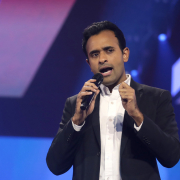 Gage Skidmore, under CC SA 2.0 License
Gage Skidmore, under CC SA 2.0 License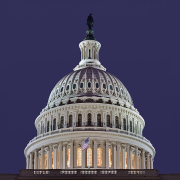
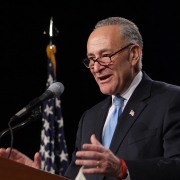
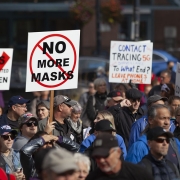
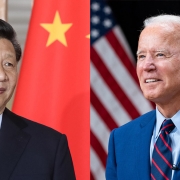
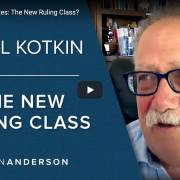
 SpaceX, used under CC 2.0 License
SpaceX, used under CC 2.0 License
